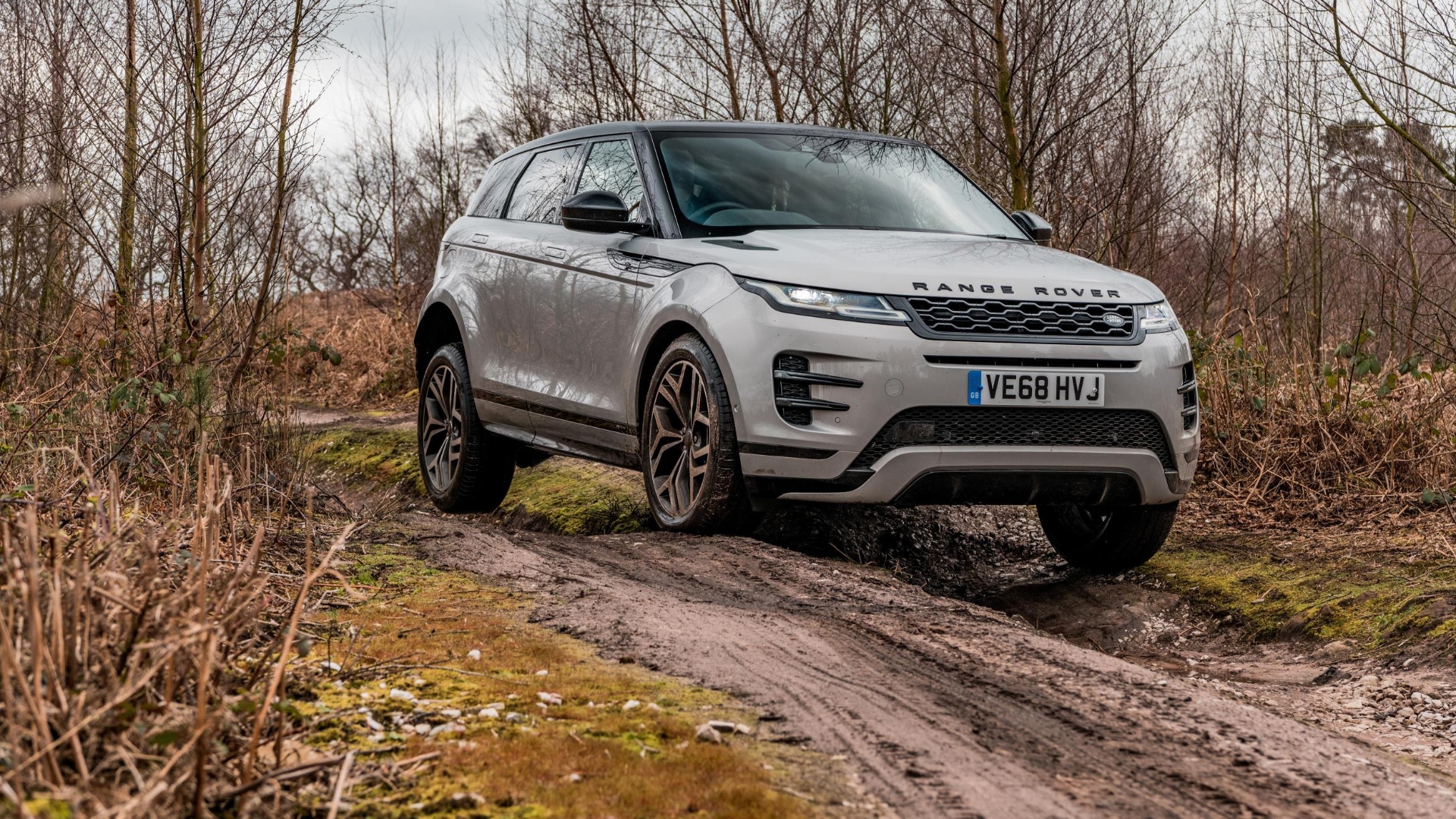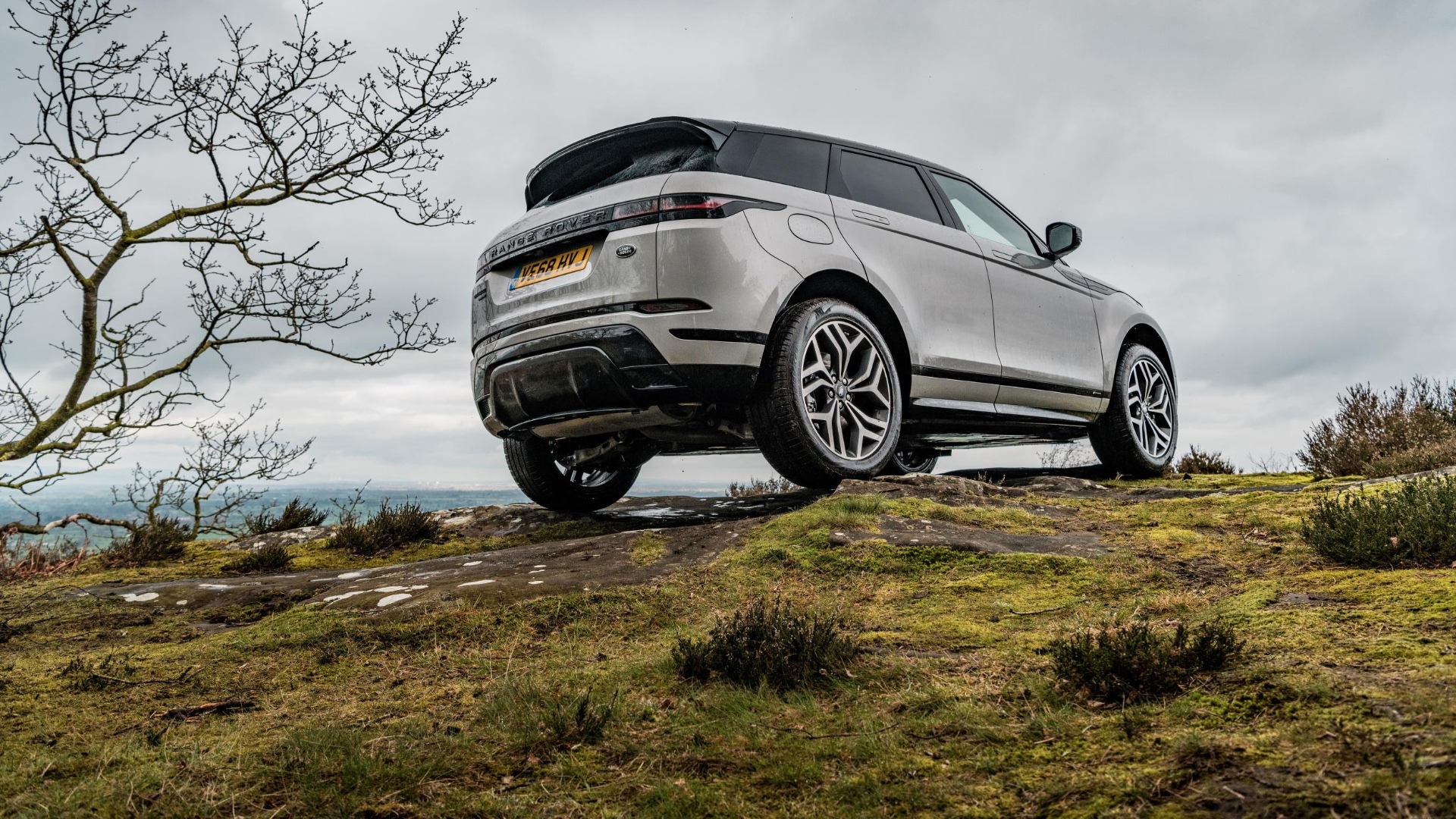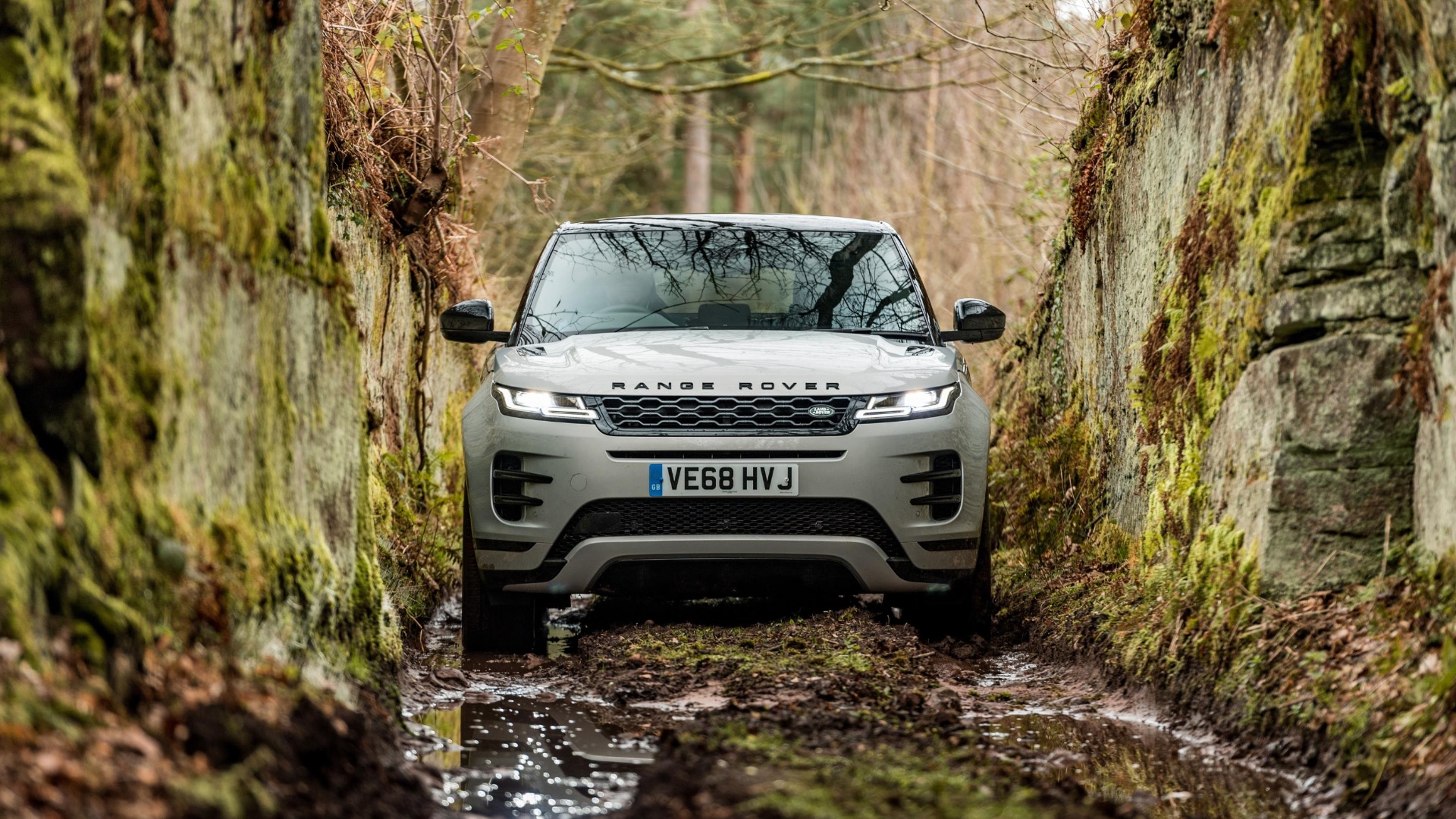
The entry-level Range Rover Evoque diesel with front-wheel drive is as clean – and in some ways cleaner – than petrol rivals.
Indeed, the Evoque D150 is the first luxury compact SUV to meet stringent Euro 6D-Final and RDE2 emissions standards.
How did the Evoque go green?
The Evoque D150 makes use of Adblue NOx emissions treatments, which are managed by intelligent exhaust monitors. Particulate filters help capture a total of 99.9 percent of soot.
Its Ingenium engine has a low-friction design to improve emissions from start-up, while mild hybrid tech harvests energy that would otherwise be lost in braking.
The result is NOx output that matches some petrol engines, while retaining the significant CO2 and efficiency advantages of diesel.

“Meeting the standards for this certification almost two years ahead of schedule is a real achievement and a result of collaboration within our engineering team to develop advanced engine and exhaust technologies,” said Nick Rogers, executive director of product engineering at Jaguar Land Rover.
“The new Range Rover Evoque uses a low-friction engine design that has reduced real-world driving NOx emissions by 90% since 2010, demonstrating vast progress for Jaguar Land Rover.”
Rogers goes on to highlight that JLR’s diesel engines are certified by many independent bodies including the AIR Index and ADAC, as some of the cleanest on the market.
What is the RDE2 test?

Real Driving Emissions is a test procedure that all new cars must undergo. The second phase (RDE2) comes into effect in January of 2020, and this entry-level variant of the Evoque is already certified as compliant.
That means that it emits less than 80mg/km of nitrogen oxides, or NOx: the pollutant at the centre of recent emissions scandals.
The testing procedure is more real-world and less laboratory-based, to ascertain what new cars are really emitting.